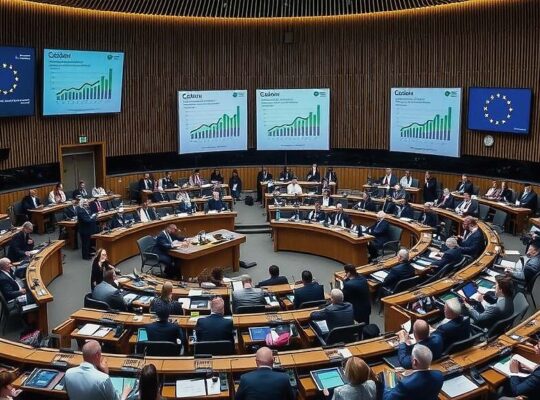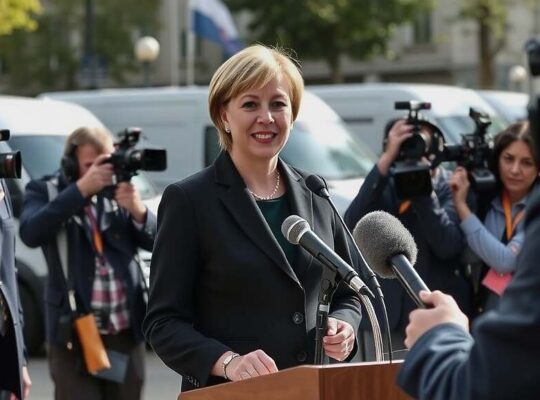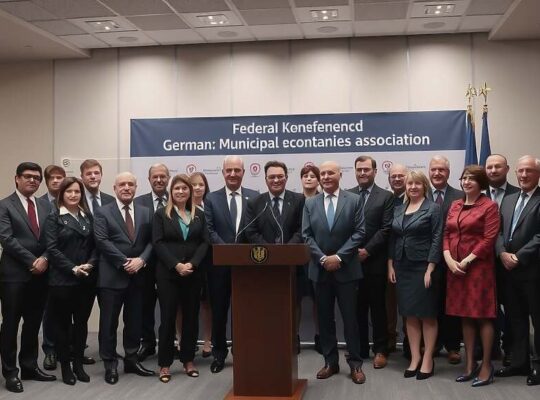The proposed relief package from the German federal government is facing crucial negotiations within the Bundesrat, with Rhineland-Palatinate’s Minister President Alexander Schweitzer expressing cautious optimism while highlighting deep-seated fiscal tensions between Berlin and the states. While publicly stating that the tax cuts are virtually guaranteed to pass, Schweitzer emphasized the far more complex discussions surrounding the fundamental relationship between the federal government and the Länder.
The heart of the matter, according to Schweitzer, revolves around the longstanding imbalance in funding responsibilities. He argues that the federal government has often enacted legislation-sometimes commendable in substance-while burdening the states and municipalities with the associated financial obligations. This pattern, he asserts, has contributed to a concerning level of debt at the local level.
“We have a situation where the federal government orders services and the states and municipalities must pay the bill” Schweitzer stated in an interview with ARD Tagesthemen. This imbalance, he contends, undermines the very foundation of German democracy, particularly as citizens increasingly judge the efficacy of that democracy through local experiences.
Beyond the immediate relief package, Schweitzer’s comments signal a broader power struggle. He is advocating for a clearer, more formalized framework governing the division of financial responsibilities between Berlin and the Länder, warning against the recurring cycle of protracted, often contentious negotiations preceding each new federal mandate. He characterized these negotiations as resembling “a bazaar” highlighting a system where positions are bartered and vulnerable to political maneuvering, rather than based on clearly defined principles.
The Minister President’s remarks implicitly critique the federal government’s tendency to impose policy without fully accounting for the consequences for states and municipalities. While expressing a desire for a successful federal government, Schweitzer is sending a clear message: the sustainability of German democracy hinges on a fairer distribution of burdens and a move away from a system reliant on passing costs onto local entities. This dispute has the potential to reshape the structure of German federalism and could significantly influence future legislative agendas.












